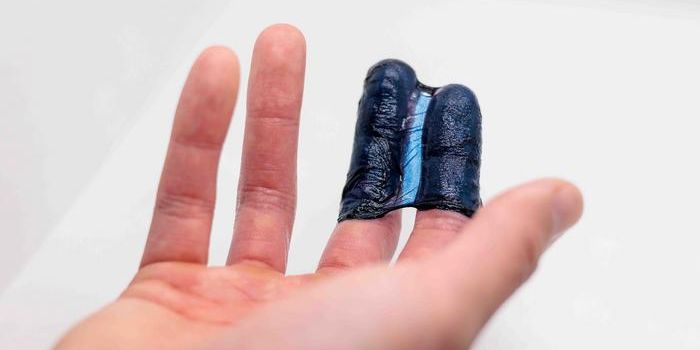Rockfish Hold Some of the Genetic Secrets to Longevity
The lifespans of vertebrates can vary widely; some live to be about five weeks while others can reach 400 years. As most age, they show symptoms like inflammation and worn out stem cells. Rockfish that live in the Pacific Ocean also have varied lifespans. Some of these fish, like a calico rockfish (Sebastes dallii) live for about eleven years, while others in the same genus like the rougheye rockfish (Sebastes aleutianus) seem to be able to live for as many as 200 years. These fish have adapted to live in huge range of conditions within about ten million years, a relatively short period of time for such diversity. Researchers have suggested that because of that variability, their genes can tell us more about longevity and the health problems that may accompany aging.
Rockfish cells have mechanisms of DNA repair and ways to control inflammation that could help humans. These insights could lengthen lifespan as well, though some might argue that a longer lifespan is only important if the healthspan can be lengthened too.
In this study, a team of researchers analyzed the genomes of 88 different rockfish species with long and short lives, an analysis that included about two thirds of known coastal Pacific Rockfish species. The findings have been reported in Science.
Some changes in Rockfish lifespan were due to adaptations to their environment that had an indirect effect, like a larger body size or slower growth rate; those are traits that are found in longer-lived fish that live in cooler waters. But this study also revealed 137 genes that are linked to longevity. Most of these genes were related to one of three things that are all already known to be involved in aging: insulin, the repair of DNA, and the immune system.
This work also showed that genes that influence the immune system were more common among species that lived longer compared to shorter-lived species. The immune system uses inflammation as a crucial defense mechanism against pathogens, but the immune system also has to be carefully regulated because too much inflammation can be dangerous or even life-threatening. The human immune system is also thought to be involved in aging. The genes identified in this study, such as a group known as butyrophilins, could be therapeutic targets for drugs that are meant to treat the biological damage that's related to aging.
Since so many species of Rockfish were analyzed in this research, the scientists were also able to piece together the ancestral Rockfish genome, and see how it has evolved over time.
The study authors also learned that in species that live longer, there were more mutations in which a CG (cytosine-guanine) base pair changes to TG (thymine-guanine), which is seen in some tumors. Old females maintain some of these Rockfish species, and they pass these mutations on to their offspring.
Sources: University of California Berkeley, Science









